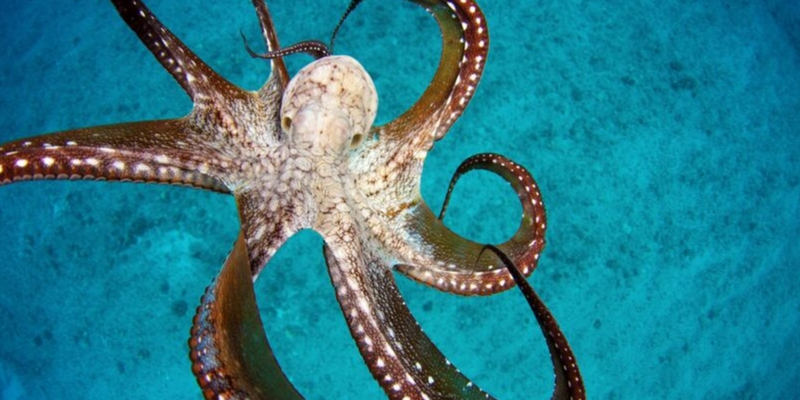Some people look at an octopus and they envision a mild-mannered creature. A shy and unassuming cephalopod who would gladly shake your hand with all eight of its arms.
In the past, mariners would tell tales of huge monster octopuses. Ones which could swallow entire ships along with their crews. These, of course, never actually existed.
The reality is that octopuses tend to be shy to mild-mannered when around humans. Some are even curious and inquisitive. Rarely would they attack a human unless it was for self-defense.
This doesn’t mean that danger and octopuses are exclusive of each other, however.
Are Octopuses Poisonous?
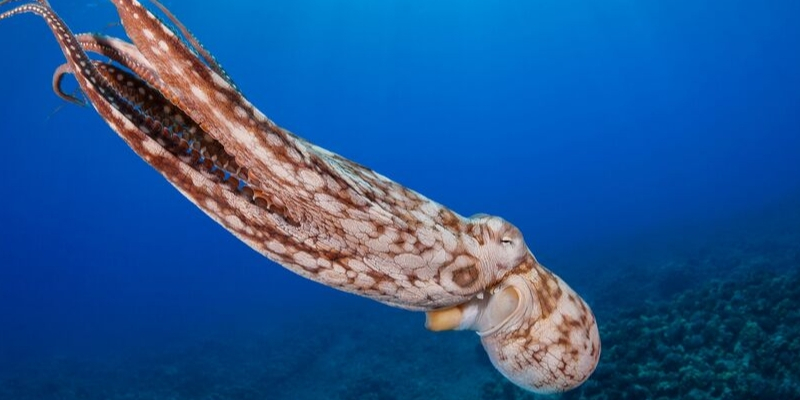
For the most part, humans have little to fear from an octopus in terms of its toxin. While all octopuses are poisonous, all but genus are poisonous to humans. More on that octopus later.
What About Getting Crushed by a Giant Octopus?
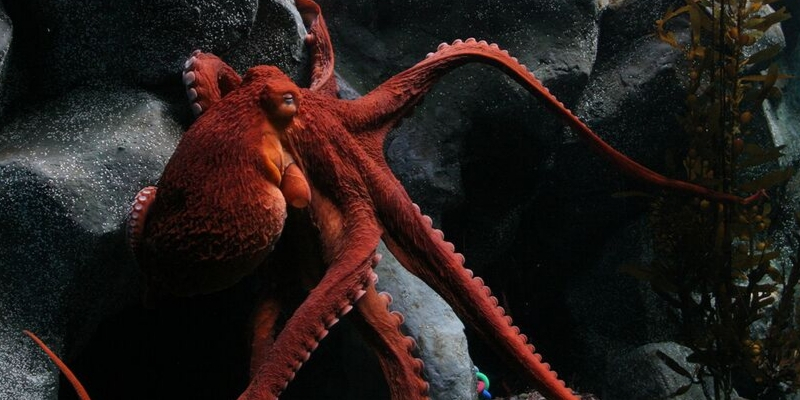
The giant Pacific octopus is known to grow as large as 600 pounds and 30 feet in length. That is big. If it were to snare a diver it could hamper their breathing equipment and pose a danger in that way. Fortunately, if left alone these giants are passive.
Winner of the MOST Dangerous Octopus Award
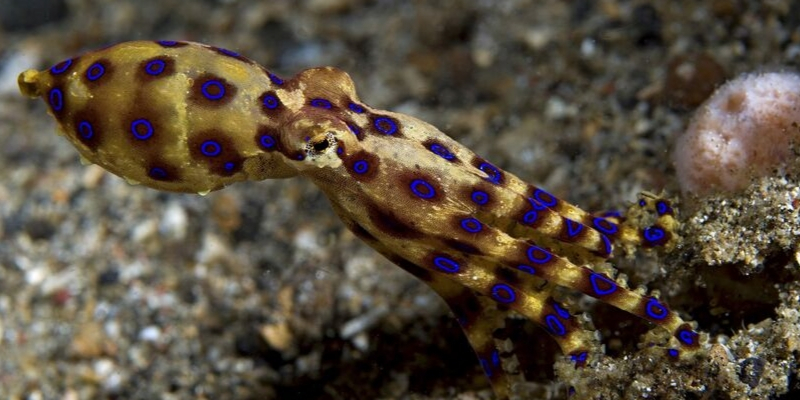
There are over 300 species of octopuses in the world’s oceans. Of these humans only have to worry about four of them. These are the species that comprise the blue-ringed octopus. This little creature deserves the title of most dangerous octopus.
Even though they rarely grow beyond eight inches in length, one of these little fellows has the capacity to kill an adult human being.
What Makes the Blue-Ringed Octopus So Deadly?
The deadliness of the blue-ringed octopus comes from the toxin that it produces. It contains tetrodotoxin and dopamine. It is a unique type of neurotoxin that is 1,200 times deadlier than cyanide. What’s worse, there is currently no antivenom for the blue-ringed octopus’ toxin.
In order for this octopus to deliver its venom — like all octopus species, for that matter —it would have to bite you.
What Would Happen to You if Bitten?
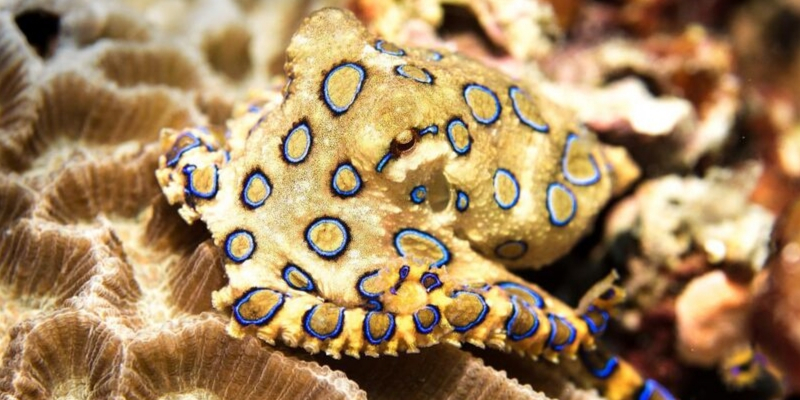
Being so small, a bite from a blue-ringed octopus’ beak may not be felt by the person being bitten.
One or two minutes after being bitten, however, the person would know. They would start to develop difficulty in breathing. They may feel a sudden onset of nausea. Muscle paralysis starting near the location of the bite could then begin to set in. Eventually, an unattended victim will succumb to respiratory and cardiac arrest.
How to Stay Safe From the Most Dangerous Octopus
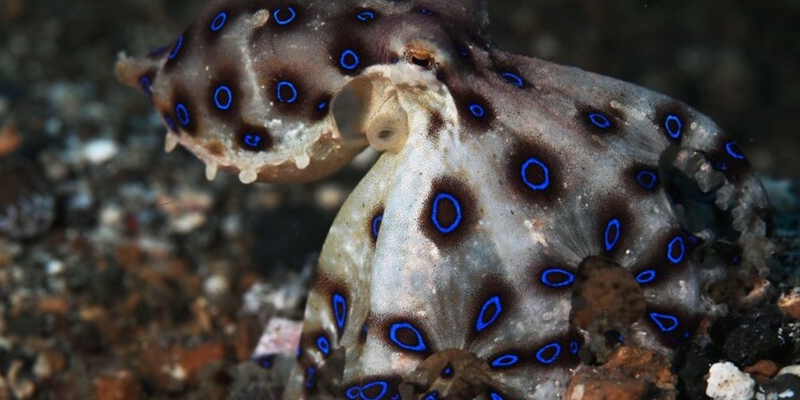
Blue-ringed octopuses live near tidal pools and coral reefs in the Indian and Pacific Oceans.
While they prefer to shy away from humans, less-experienced divers and snorkelers might accidentally disturb one. This is the leading cause of bites from this octopus.
Before biting, the blue-ringed octopus might release a cloud of ink and display a warning. The latter in the form of its skin color changing to an orange or yellow and its blue rings becoming brighter, almost as if shimmering or flickering.
If you are ever in the waters that this octopus calls home. Be mindful of its presence and steer clear.


